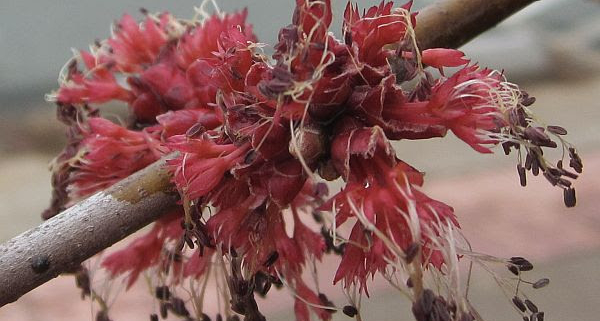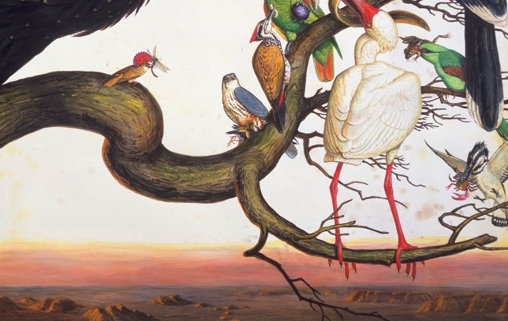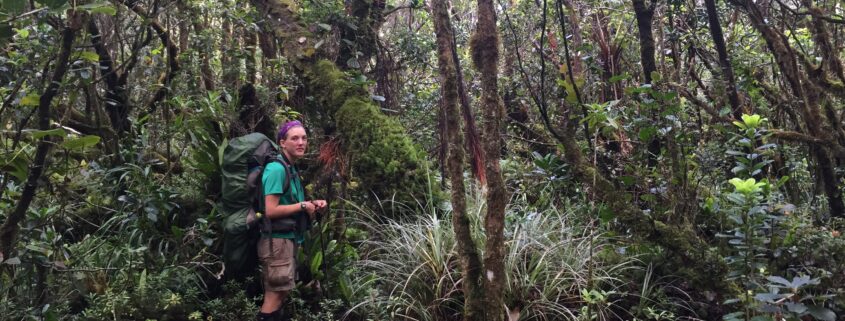The Southeast’s Diverse Flora: Discoveries, Conservation & Identification with Alan Weakley webinar, April 8th
Red Maple (Acer rubrum) ; photo by Margaret Chatham
Thursday, April 8, 2021
7:30 – 9 pm
Register here.
Alan Weakley is a plant taxonomist, community ecologist, and conservationist specializing in the Southeastern United States. He holds a B.A. from UNC-Chapel Hill and a Ph.D. from Duke University. He has worked as botanist and ecologist for the N.C. Natural Heritage Program, and as regional and chief ecologist for The Nature Conservancy and NatureServe. He is currently Director of the University of North Carolina Herbarium, a department of the N.C. Botanical Garden, and teaches as adjunct faculty at UNC-Chapel Hill and at the Highlands Biological Station.
Dr. Weakly is author of the Flora of the Southeastern and Mid-Atlantic States, and co-author (with Chris Ludwig and Johnny Townsend) of the Flora of Virginia, which has received five awards, including the Thomas Jefferson Award for Conservation.




